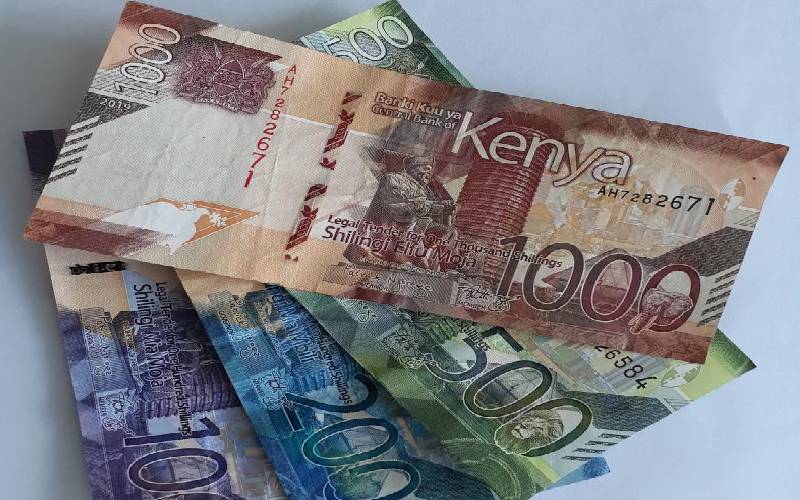×
The Standard e-Paper
Stay Informed, Even Offline

Banks posted a profit before tax of Sh53.9 billion in May, a drop of 23 per cent compared to the Sh70 billion they made during a similar period last year, new industry data shows.